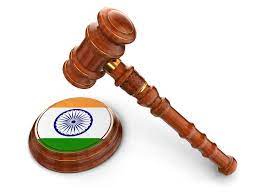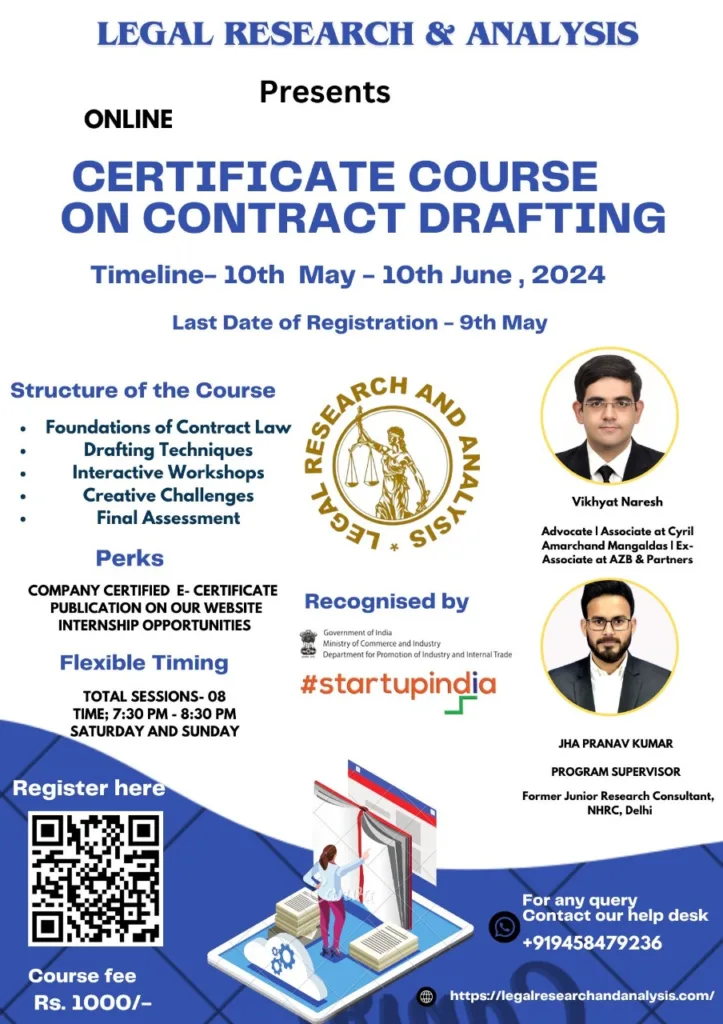
Delays and Inefficiency of the Judicial system

For many years, the Indian judicial system has been chastised for its clumsy Inefficiency. One of our country’s major issues is the judicial backlog, as evidenced by the number of backlogged cases in our courts. This jeopardizes the foundation of justice, namely public trust. The Indian constitution’s preamble elevates social, economic, and political justice above all other fundamental structures. Delay of justice is not simply the postponement of an action over time; rather, it is an action in a process with irreversible long-term consequences. This process, as time passes, gradually and silently kills justice.
“Justice delayed is justice denied”; The phrase has become a catchphrase for legal reformers who believe that courts or governments are taking too long to resolve legal issues, either because the existing system is too complex or overburdened or because the issue or party in question lacks political support. The most frequently discussed topics in judicial reform are the delays in justice delivery, the resulting pendency, and the growing backlog in courts. Though the problem of delay and its increasingly horrifying dimensions is widely acknowledged, little data-driven research has quantified or diagnosed the causes of this delay. Apart from official reports, news outlets have extensively covered the delay, but usually without delving into its causes in depth.
Let us understand the nature and extent of the factors that commonly contribute to case disposal delays.
A Wide Range of Causes
As we have previously learned, read and observed, certain inherently tangled reasons contribute to judicial delays. First and foremost, it is necessary to acknowledge the lack of Judges. The immediate question is whether increasing the number of judges will speed up the adjudicatory process. The answer cannot be negative, but it will help the process. Second, the ever-increasing number of appeals makes the settlement of claims time-consuming. Following appeals are the most well-known causes of adjournments. Still, pass-over, nonappearance of the advocates, and, at times, non-availability of the judges all contribute to excessive delays in resolving cases. For example, if an advocate does not appear, it may be an ex-parte order; then, the advocates vigorously argue against setting aside the ex-parte order, which is a separate petition. Furthermore, we have other allied reasons contributing to the judicial delays, such as delays in filing papers, counters, further proceedings to excuse the delays, and so on. Furthermore, we lack a shackled work culture, as evidenced by frequent boycotts and procedural delays that slow the delivery of swift justice. Another reason lawyers would accept is the limited court time available to present the case. Indeed, the court operates for five to six hours per day, which pales in comparison to the nearly 3.1 million pending cases. What should be done at this point? We need an effective method and realistic steps to ensure that the delays in rendering justice are reduced to a reasonable degree. Some solutions that would significantly speed up the process have been categorically stated.
(a) Increase the number of and appoint more qualified judges.
We are confident that our Judiciary is the best in the country. However, when there is a push to increase the number of judges and courtrooms, we must choose the most highly qualified judges with extreme intellect and grit.
(b) Involve tribunals and quasi-judicial bodies.
There is an urgent need to increase the number of tribunals and quasi-judicial bodies, particularly where the number of matters is increasing at an unprecedented rate, such as bringing in tribunals for settling property-related claims. Introducing a separate judicial panel dedicated to cases concerning technical matters will also lessen the burden on the overburdened courts.
(c) Invest in physical and technological infrastructure
It is frequently stated that the infrastructure facilities in lower courts should be improved; however, this is an appeal for both physical and technological infrastructure. On the surface, we can unequivocally state that the prestigious Judiciary is technologically deficient. Implementing online systems for filing cases, returns, and documents and, if possible, conducting proceedings for cases such as chamber matters and in-person party issues will not impact court timing, will avoid unnecessary procedural delays, and will speed up the justice delivery process.
(d) Case settlements Setting a limit to settle disputes is not impossible.
The Bench can insist on resolving cases expeditiously within six to eight months, which is certainly a reasonable time frame for resolving disputes. Although such a rule may not be strictly enforced at all times, it will serve as a starting point for reducing unnecessary delays.
(e) Postponements, pass-over, and unnecessary appeals
This is a critical cause contributing to the delays. The Bar must insist on not allowing adjournments or appeals based on flimsy grounds. Simultaneously, we need to keep track of the number of appeals. The primary imposition should be the finality of the decisions, especially when cases are appealed from tribunals. Passing a case from the morning schedule to the end of the day may result in the matter not reaching the court at all, resulting in inordinate delays in delivering justice to the ailing litigant.
f) Promote Alternative Dispute Resolution systems
We need to form a scrutiny committee or a scrutiny cell to screen cases that must go to court and those that can be resolved through alternative dispute resolution systems such as arbitration, mediation, conciliation, and so on. In such cases, trivial cases must be screened out, and only those requiring the court’s assistance and attention must pass through the corridors of judicial intellect.
(g) Independent Inquiry Authority
Criminal investigations are in the same state as judicial proceedings. As a result, several undertrial prisoners have been imprisoned for years. To expedite the process, we need an investigation authority dedicated solely to criminal investigations. We also have several other measures, such as increasing the hearing time of cases, reducing excessive judicial transfers, encouraging Lok Adalats to settle cases such as property and matrimonial matters, penalizing filing delays, ensuring the punctuality of both the Bar and the Bench, encouraging more mobile courts to settle petty disputes, and so on. Finally, these reforms must be included in the laws that govern members of the Bar and the Bench, as they will not suffice as a moral obligation. Thus, making the following changes mandatory rather than optional will undoubtedly reduce case delays, instilling in the minds of litigants and citizens that the Judiciary is indeed the temple of justice at the proper pace and that securing justice will not become a pipe dream. On August 2, 2022, Prime Minister Narendra Modi spoke of the importance of “ease of justice,” in addition to “ease of doing business” and “ease of living,” he was reflecting a reality that most Indians have come to accept. Mr. Modi stated at the first all-India legal district services authorities meeting in Delhi that justice delivery was just as important as access to justice.







